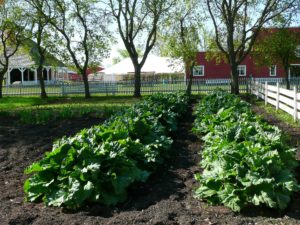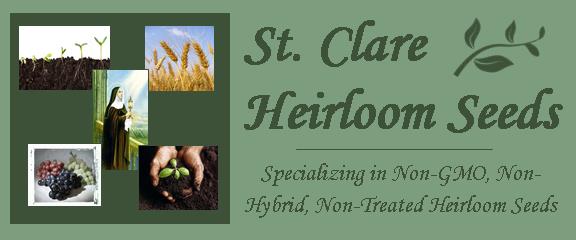 Control weeds!
Control weeds!
There are simple, organic methods to reduce your work here, too.
Weeds steal nutrients from your plants, reducing their vigor. The age-old practice of cultivating between plants with a hoe, not only suppresses weeds, but aerates your soil, too. A good workout in the garden on your knees pulling weeds, or wielding a hoe is healthy for you, and your garden, too. But, what if your health isn’t able to keep up with the weeding, what if you are strapped for time, and always get behind on the weeding?
Here are some helpful hints on how to control weeds.
Once you have a handle on the early growth of weeds, for instance, we like to put organic grass clippings around our plants. Not only does this control weeds extremely well, but when rained on or watered the nutrients leech down to the soil and feed the plants. Mulch encourages beneficial earthworm activity by improving the soil tilth and nutrient content. Worms also leave worm castings which are one of the best fertilizers available. Organic mulches like grass clippings, are beneficial when applied to cool-season vegetables like broccoli, cabbage, and English peas in midspring. They help to keep the soil from rapid warming and drying and can extend the growing and harvest periods. By putting grass clippings in your Heirloom vegetable garden, you’ll save hours of time each year.
Another barrier to weeds we have used with much success is black plastic mulch. It keeps the soil moist, blocks the weeds, and even heats the soil, which helps plants grow faster. Warm-season vegetables like cucumbers, melons, squash, tomatoes, peppers, and eggplant grow better and produce more when grown on black plastic mulch than when grown on bare soil. Transplants can be set through plastic mulch by cutting holes with a utility knife. Use the same tool to plant seeds of widely spaced vegetables like squash and melons. Black plastic mulch can also be used with plastic row tunnels to promote early growth and harvest all the while helping you to control weeds.

